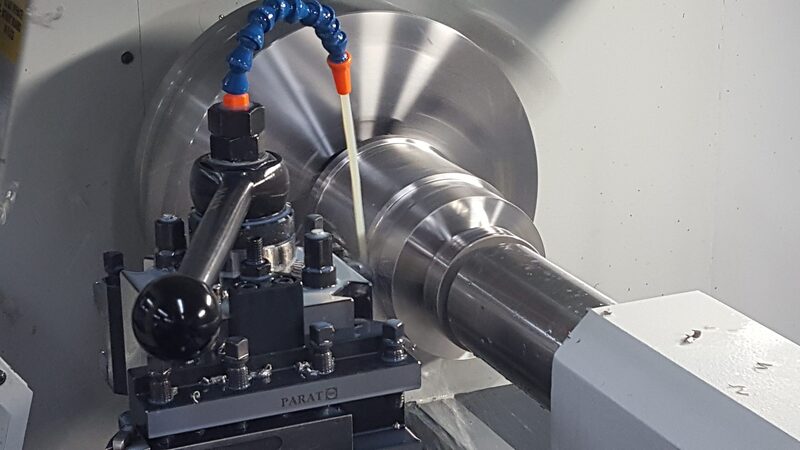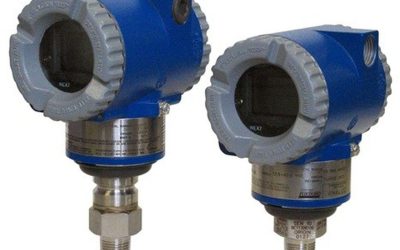Lead bars suppliers are the first piece of many links of supply chains covering many sectors. From manufacturing to radiation management, these companies provide raw materials to a wealth of industries. Since every industry must adhere to certain ISO and internal standards, different “grades” of lead are created to meet every need. Here are the most commonly requested items of lead bars suppliers and where they are typically used.
Chemical Copper Lead
Chemical copper lead is often manufactured in the form of a copper lead alloy. Chemical manufacturing companies and pharmaceutical testing and production companies are the most frequent consumers of this type. It ensures that they can handle sensitive chemicals without tainting them.
Low Sulfur Lead
Low sulfur lead is slightly more costly than less-processed materials. It’s used in an array of sectors, mainly those who deal with combustible materials. This type is utilized to ensure that accidental fires don’t happen.
Low Bismuth Lead
Low bismuth lead is one of the more costly grades. It is most often used in experimental laboratory industries that head materials. This grade inherently has a much higher than standard melting point.
Pure Lead
Pure lead is the costliest grade of lead. It’s processed to exclude almost all other elements. Typically offered as “99.9%” pure lead, with the occasional “99.99%” purity level, it doesn’t filter every possible element out, but it’s the purest form of lead. This is the most widely used lead grade. For example, ammunition manufacturers and home-building companies take advantage of the pure form because of its durability and cost when compared to other materials.

